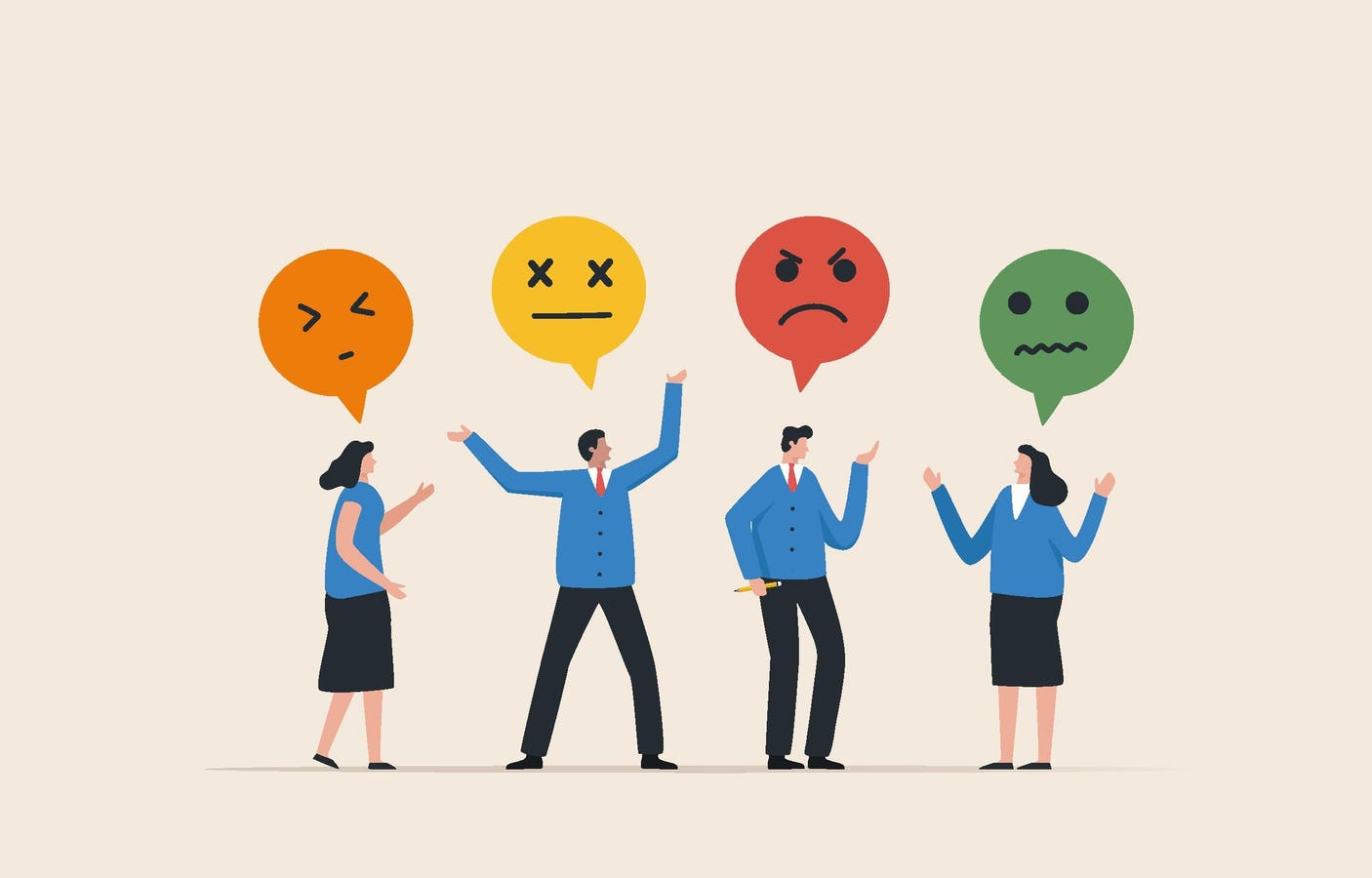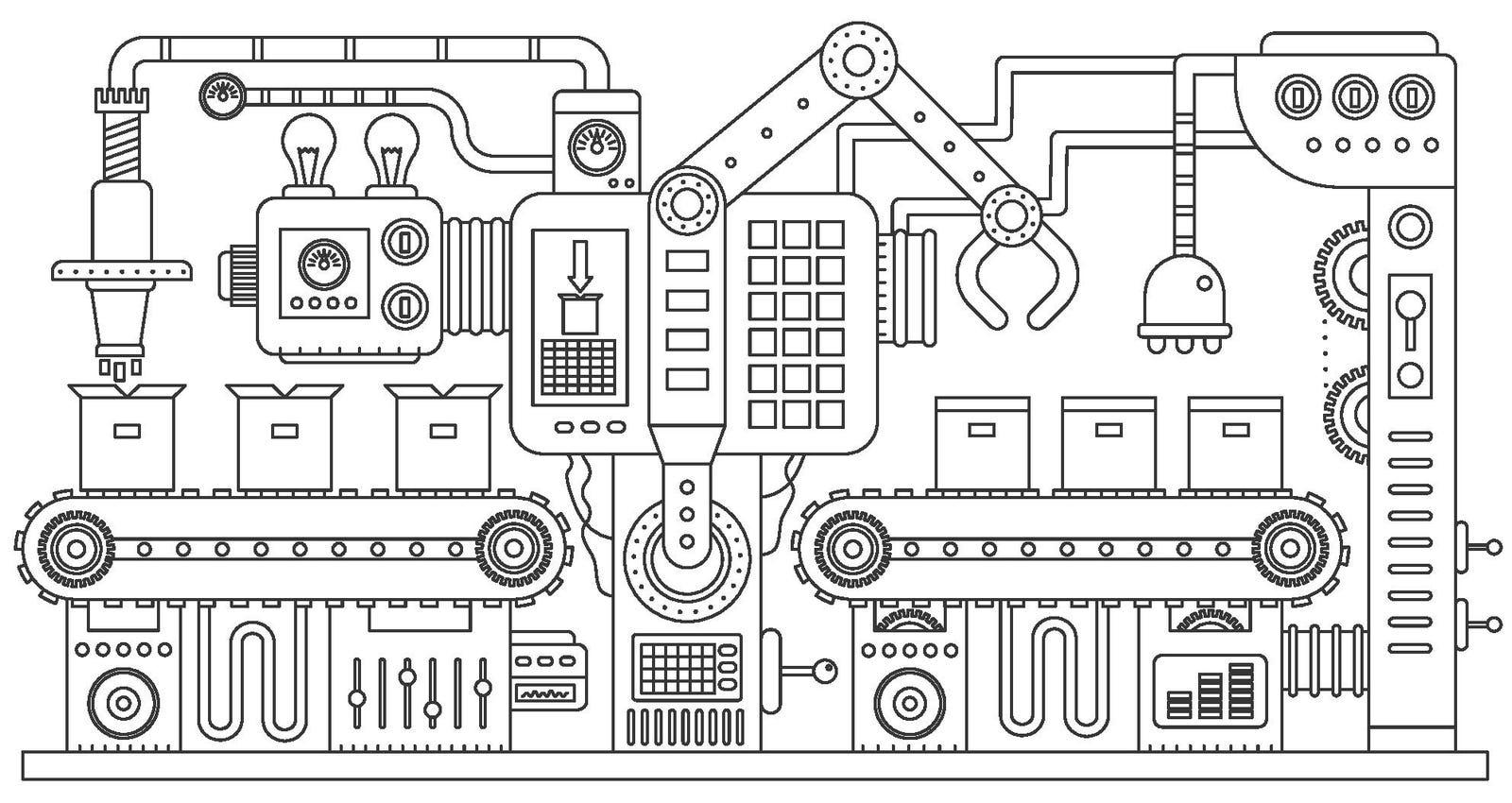Are you venting, or staying stuck in your frustration? Here’s how to tell the difference, and have a … More
While you might view complaining in a negative light, it’s not always all that bad. In fact, sometimes, it’s exactly what your mind and body need.
However, when you think about expressing dissatisfaction, it’s important to understand where to draw the line, because that’s what determines whether it’s helpful or harmful.
When you’re venting or letting out your frustration in the moment, it’s a healthy emotional release. It becomes harmful only when you slip into the habit of chronic complaining and constantly focusing on what’s wrong without any intent to understand or resolve it. This can start to affect your mood, mindset and even your relationships.
That’s why it’s helpful to shift the focus from how much you complain to how you complain. Constructive complaining isn’t just about letting off steam. It’s about expressing what’s bothering you in a way that invites solutions and eventually supports your well-being.
This kind of complaining allows you to communicate clearly and set boundaries instead of bottling things up or exploding at your limit.
Research published in The Journal of Social Psychology explored how the way we express our frustrations plays a big role in our emotional health and relationship satisfaction.
Researchers asked over 400 college students to list their pet peeves — those everyday annoyances they had with a current or former partner. They examined how this tied into their happiness, mindfulness and overall well-being.
Researchers found that a higher focus on pet peeves was associated with lower relationship satisfaction, decreased mindfulness and poorer emotional health.
Interestingly, though, mindfulness acted as a buffer, meaning those who were more mindful were less likely to dwell on petty irritations and more likely to feel emotionally balanced.
This highlights the power of intentional awareness in how you express dissatisfaction.
Minor complaints, when expressed consciously and with intention, can actually help you process what’s bothering you without letting it consume you.
This is why constructive complaining proves to be more than just cathartic and becomes a tool for emotional resilience.
Here are three reasons why constructive complaining can be good for you.
1. Expressing Emotions Supports Emotional Regulation
While many try to instinctively suppress uncomfortable emotions, research shows that simply putting your feelings into words can powerfully help regulate emotional intensity.
In a study published in Psychological Science, researchers conducted a brain imaging study to explore why affect labeling, that is, putting emotions into words, helps people regulate negative feelings.
They used functional MRI for the study and asked participants to view upsetting images. Participants were asked to either label the emotion shown (e.g., “anger”) or engage in unrelated tasks.
The results showed that affect labeling significantly reduced activity in the amygdala, the brain’s emotional alarm system, and increased activation in the right ventrolateral prefrontal cortex, which is a region responsible for self-control and regulation.
Put simply, labeling emotions activates logic and regulation centers in the brain, which then dampen emotional reactivity. Even small acts of emotional articulation, like calmly expressing frustration, can biologically reduce stress and help people respond with more clarity.
The next time you’re feeling frustrated, try taking a pause and then naming the feeling. Ask yourself what you’re feeling and describe why you feel that way, out loud or on paper.
For instance, instead of saying “I’m so done,” try putting it into clearer emotional terms like, “I’m feeling overwhelmed because I didn’t feel heard.”
This simple shift calms your brain’s stress response, makes your complaint more likely to be received with empathy and often leads to resolution.
2. Sharing Your Struggles Can Bring You Closer To Others
Many people hesitate to share their struggles due to a fear of burdening others or seeming vulnerable.
A phenomenon called the “beautiful mess effect” explains how people tend to see their own vulnerability as a flaw. When others open up, however, they tend to view them as authentic, brave and even relatable. This self-bias causes you to underestimate how positively others may respond when you open up, which can make you more likely to stay silent even when connection is what you truly need.
A 2024 study explored how sharing emotional pain influences cooperation and connection. Participants were placed in pairs and took part in a virtual ball-tossing game designed to simulate social exclusion (known as the Cyberball paradigm).
In one group, participants were excluded from the game, and in the other the control group received equal participation.
Later, both groups engaged in cooperative tasks while their brain activity was recorded.
The results depicted that pairs who had shared a painful experience exhibited significantly higher interpersonal brain synchrony (IBS) in key regions of the prefrontal cortex, especially the right superior frontal cortex.
This synchrony was strongly correlated with greater cooperation between participants.
These findings suggest that emotional pain, when shared, can quite literally align your brain activity. This helps enhance trust and collaborative behavior.
Constructive complaining, when done with honesty, rather helps in calmly expressing how a situation made you feel (“I felt overlooked when…”), which helps increase understanding and empathy instead of defensiveness. This helps avoid unnecessary conflict and brings you even closer to people.
3. Complaining The Right Way Leads To Real Solutions
Venting can feel cathartic. Sometimes, simply being heard is what you may need. While it is necessary in many situations, what you may be overlooking is that when frustration is left unstructured, it can unintentionally invite more negativity.
Research conducted across three German industrial companies explored how different styles of communication shaped team dynamics during workplace discussions.
To study this, the researchers observed 33 group meetings and tracked how statements evolved in conversation, using a behavioral coding system for analysis. The results showed that when one person started complaining, it often triggered a chain reaction of further complaints, which they termed “complaining circles.”
However, when someone introduced a solution-oriented remark, it tended to spark more productive discussion and collaborative problem-solving.
It was also observed that supportive reactions (like agreement or validation) reinforced whichever pattern was already happening, basically amplifying either negativity or solutions.
This highlights that unstructured venting can quickly pull conversations into unproductive loops. Constructive complaining, on the other hand, can move discussions toward resolution and progress.
The next time you feel the urge to complain, you can try to follow it up with a small pivot where you voice what you’d like to see change or what support you need.
For example, something as simple as “I wish we had a better system for this” can shift the energy from frustration to building forward momentum. Remember that complaining isn’t the problem, but how you steer it is.
Break The Cycle By Noticing Your Patterns
When you find yourself feeling the need to complain, remember that it is simply a signal that something isn’t sitting right with you. This is why you shouldn’t feel guilty for speaking up or venting your frustrations. What ultimately makes the difference is the awareness you bring to it.
Keep in mind that you don’t have to police every emotion or filter every thought into something constructive right away. You just need to bring your attention to your patterns.
Notice when your complaints echo the same themes or leave you feeling stuck rather than relieved. This would be your cue to pause and reflect.
Notice if you are finding clarity or circling the same frustration without relief. The goal is to indulge in conscious expression that ultimately supports your well-being.
Take the Perseverative Thinking Questionnaire to see if your mind is circling unresolved frustration and how aware you are of it.









